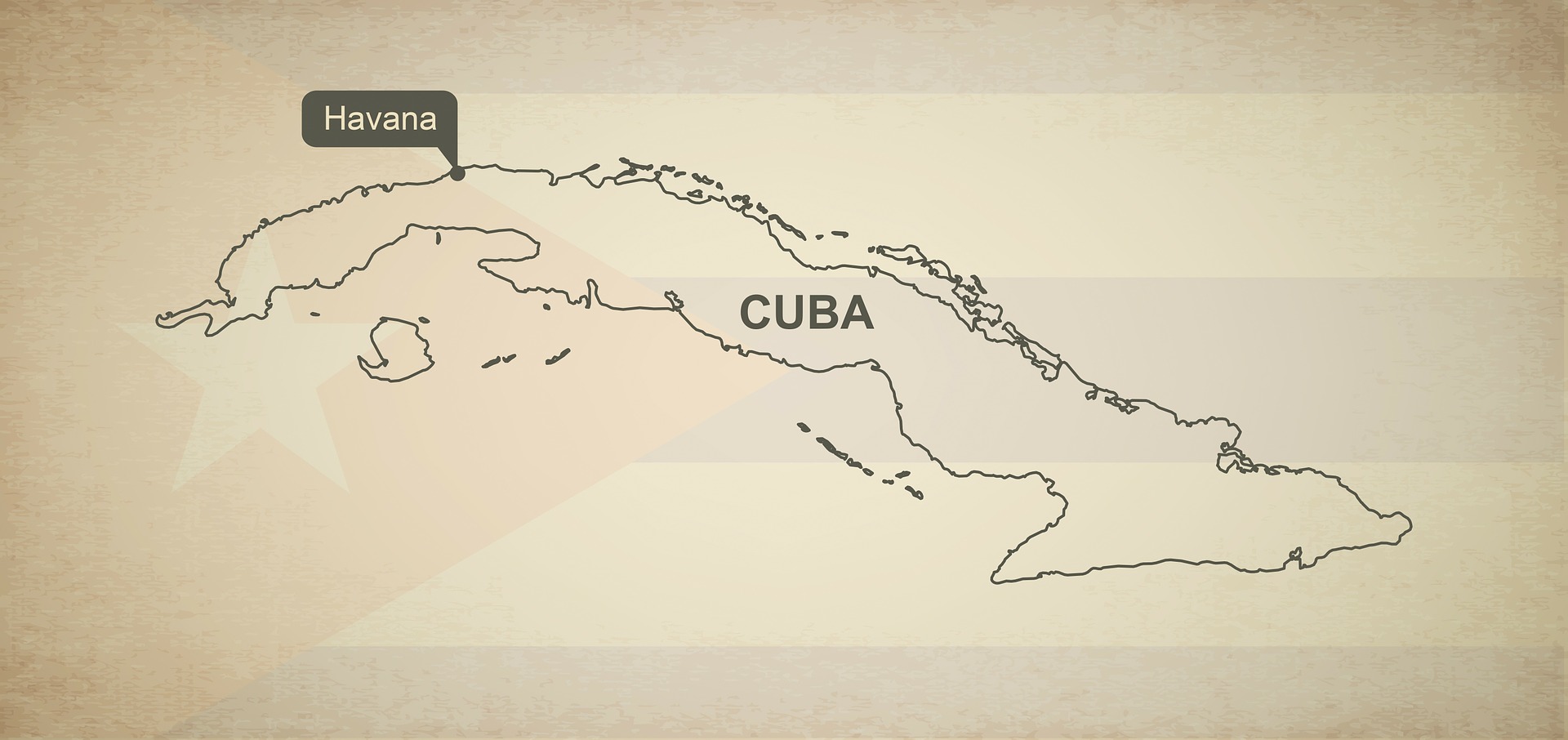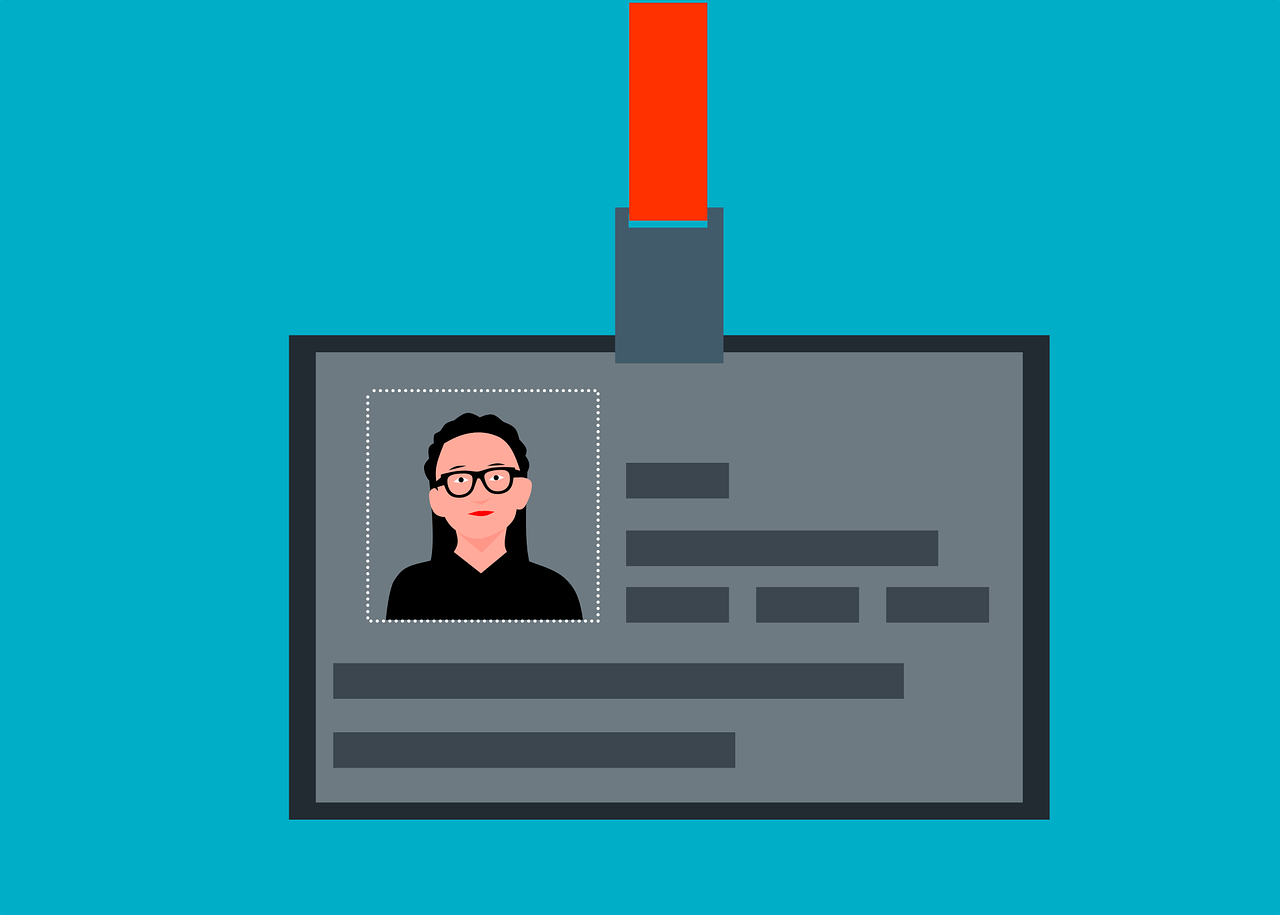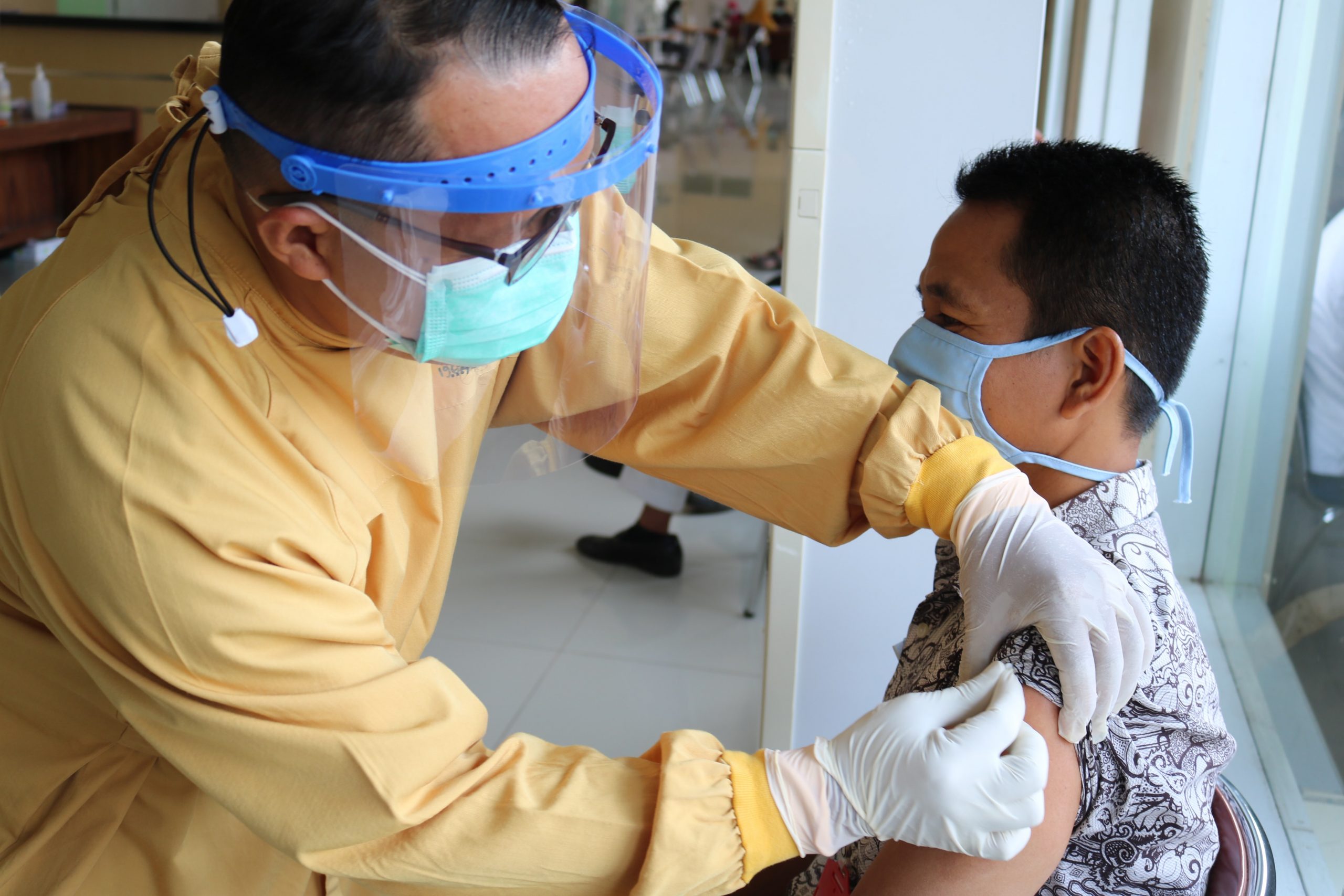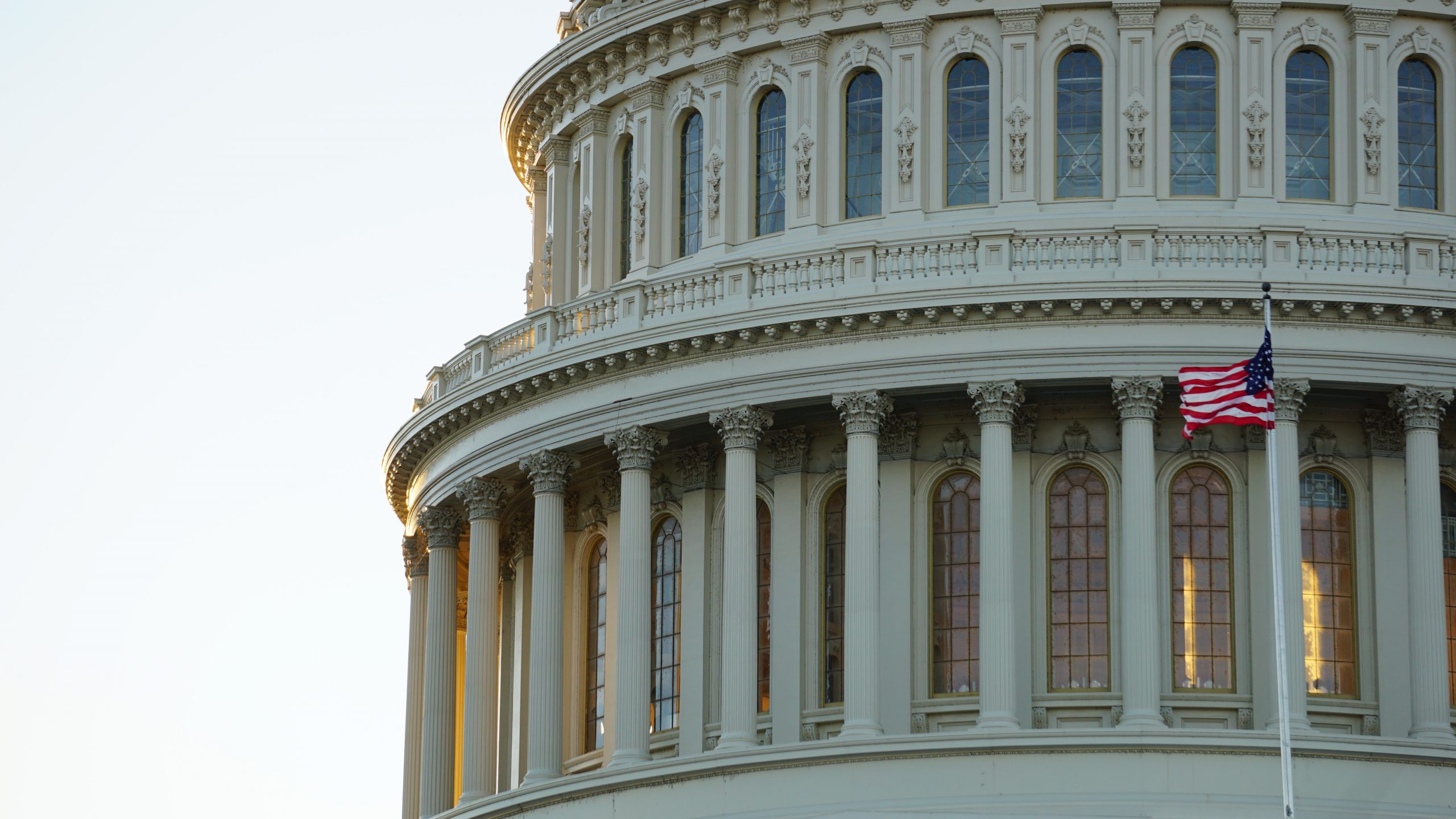Are you a Cuban national with a pending immigrant visa application? If so, we have some great news for you.
The Department of State today announced that the U.S. Embassy in Havana, Cuba will now be responsible for scheduling all immediate relative immigrant visa appointments, including those of spouses and children under 21 of U.S. citizens (IR/CR-1 and IR/CR-2), with interviews beginning in July 2022.
Previously, the Department of State announced that Havana would be scheduling interviews for applicants in the IR-5 category (parent of a U.S. Citizen) that began their processing there in May 2022. While the government is working to expand services to reduce the ongoing backlogs, the U.S. Embassy in Georgetown, Guyana will continue to remain the primary processing location for all other Cuban immigrant visa applicants (IR/CR-1, IR/CR-2 and IR-5).
Documentarily Qualified Notifications on or after June 8th – U.S. Embassy Havana
IR/CR-1 and IR/CR-2 applicants who were notified on or after June 8, 2022 that their case is ready to be processed will have their interview scheduled at the U.S. Embassy Havana, not the U.S. Embassy in Georgetown, beginning in July.
Documentarily Qualified Notifications before June 8th – U.S. Embassy Georgetown
IR/CR-1 and IR/CR-2 applicants who were notified prior to June 8, 2022 that their case was ready to be processed will be interviewed at the U.S. Embassy Georgetown, also beginning in July.
The Department of State has said that neither the U.S. Embassy in Havana nor the U.S. Embassy in Georgetown will be able to assist with requests to transfer cases due to resource constraints.
The government will continue to evaluate, further expansion of visa processing in Havana depending on resources and country conditions.
Additionally, the U.S. Embassy in Havana will continue to offer services for American Citizens and limited emergency nonimmigrant visa processing. For further information please review the embassy’s website for updates at https://cu.usembassy.gov/consular-services-available-at-u-s-embassy-havana/.
 Visa Lawyer Blog
Visa Lawyer Blog











